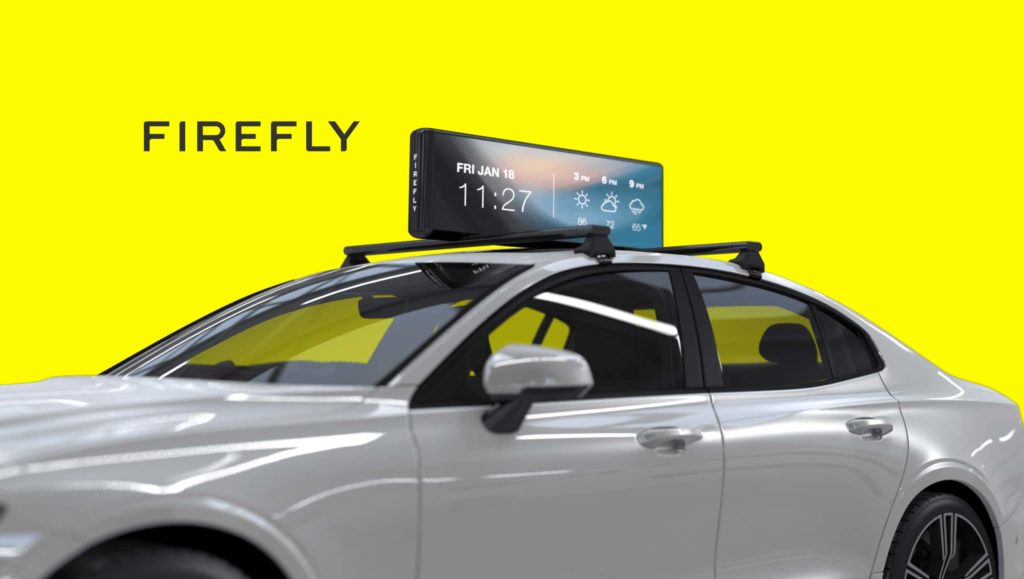Firefly Expands to Miami to Supercharge Super Bowl Advertising


Firefly, an Uber competitor in the taxi and rideshare vehicle management market, announced the expansion of its operations to Miami, Florida, a quickly-growing top media market. With screens rolling out this month, the company enables brands to supercharge advertising around the locally-hosted Super Bowl, the nation’s most-watched sports event of the year. Additionally, the company has taken the launch of its sixth city to clarify its approach to data.
Of equal import to the athleticism celebrated at the annual event, the Big Game has also become synonymous with marketing, as companies invest major money to showcase their best brand messaging. In 2019, a 30-second advertisement slot televised during the game cost companies an average of $5 million, with spaces quickly reserved by household brand names. Still, these advertisements’ effectiveness continues to decrease due to both brand overcrowding and an increase in viewers opting for commercial-less streaming services over traditional television.
Firefly drives the next generation of advertising technology, delivering highly effective media campaigns using geo-targeted technology, concurrently boosting income for taxis and rideshare drivers. To date, the company has paid more than $3 million to its driver-partners. Already trusted by household names like Puma, HotelTonight, Brex, DoorDash and more, the company provides its wide customer base with dependable hyper-relevant marketing content that’s proven to drive full-funnel measurement capabilities directly to target audiences.
With its timely debut on Miami streets, Firefly empowers brands to cut past their television advertisements to make a real messaging impact during the year’s biggest media event. The startup works directly with taxis and rideshare drivers, installing its proprietary displays atop their vehicles and serving geo-targeted, programmable out-of-home (OOH) advertising on the screens.
“At Firefly, we’re always looking to iterate and innovate on traditional out-of-home practices to drive the most value for our brand partners,” said Firefly CEO and cofounder Kaan Gunay. “Our unique screens offer companies a multichannel solution to help their messaging stay at the forefront of customer minds meaningfully. We’re excited to continue growing our presence in Miami and offer a fresh media channel for brands around this year’s Super Bowl.”
As it continues expanding into new cities, Firefly has taken this opportunity to address its approach to data in a post. In brief, it clarifies:
- Firefly displays collect their precise geolocation in order to serve up ads based on the real-time location of the vehicle.
- Firefly displays do not collect personally identifiable consumer information in any form – nor have they ever.
- Firefly displays do not collect video or audio. Moreover, they are not capable of capturing such data.
- The company does not sell or share any data collected from displays with government entities.
“We recognize there is a need today for companies that collect data to be transparent so, as we continue to expand into new cities, we are taking the opportunity to clarify how Firefly powers ‘smart cities’ and how we use – and do not use – data,” the blog continued.
Recently selected as one of TIME’s Best Inventions of 2019, Firefly is already active in the nation’s top media markets, including San Francisco, Los Angeles, New York City, Dallas, and Chicago. This expansion to Miami extends the company’s position as the nation’s fastest-growing street-level media network, with drivers achieving a combined total of more than 24,000 hours on the road.
Source: Staff Writer

